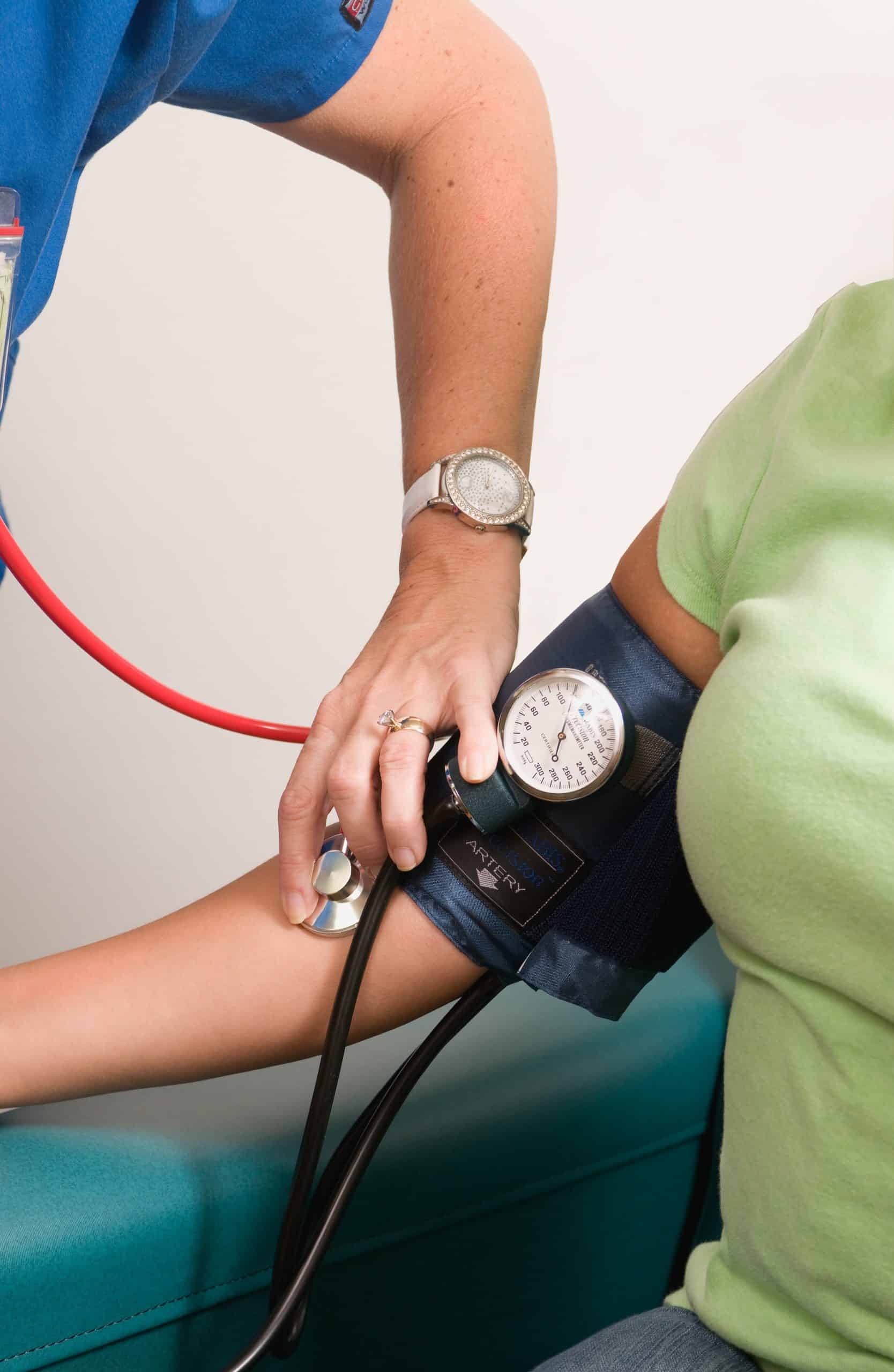Our hospitals and health system are in crisis. Workforce shortages across the healthcare industry are leading to patients filling emergency departments, contributing to ambulance ‘ramping’, causing delays in accessing emergency care and in some cases contributing to excess deaths. In addition to this the disruptions to elective surgeries mean that new approaches are needed to deliver non-urgent care.
It is imperative that policy makers and governments look at ways to address these issues, however pharmacists are often overlooked as part of the solution. If used effectively, pharmacists can play a much larger role in prevention and management of disease and disability and ultimately prevent hospital admissions (or re-admissions).
So, what role can pharmacists play to improve efficiencies in care, improve patient outcomes, reduce hospital admissions and reduce unnecessary interventions?
1. Prevention and early intervention
A number of ad-hoc screening or monitoring health checks are already available in
community pharmacies, such as blood pressure monitoring, cholesterol monitoring, blood glucose monitoring, bone density testing and bowel cancer screening. From a government perspective, utilising the community pharmacy network for basic routine screening and monitoring services provides an efficient early risk-assessment and intervention system and a more cost-effective use of the health system. Currently these programs are either funded by the community pharmacy (i.e., offered at no charge) or the consumer pays privately for the service.
2. Triage, assessment and treatment
Community pharmacy is often the first port of call for patients in the provision of advice on minor ailments and referral to an appropriate health professional when necessary. Community pharmacies are available in most localities, often open at times when general practitioner (GP) services are not available and no appointment is necessary to consult with a pharmacist. Is there an opportunity to translate the concept of triage into a formalised service provided by community pharmacists?
Developing effective triage services in community pharmacy has the potential to reduce the pressure on other health services, along with reducing the costs associated with unnecessary use of other more expensive healthcare services such as visits to GPs and accident and emergency departments (EDs) at hospitals. This could potentially free-up GPs to treat more serious health problems.
3. Early intervention after an acute event
Acute care pharmacists consult with physicians to develop treatment plans, review and evaluate the effectiveness of medication therapies and provide coverage to assist patients with medication-related questions and issues.
There is an opportunity for pharmacists to have a formalised role in primary and secondary prevention of diseases, through patient education and counselling, drug safety management, medication review, monitoring and reconciliation, detection and control of specific risk factors (e.g., blood pressure, blood glucose, serum lipids) and clinical outcomes. For example, systematic reviews of randomised controlled and observational studies have documented an improved control of hypertension, dyslipidaemia or diabetes, smoking cessation and reduced hospitalisation in patients with heart failure, following pharmacist intervention.
4. Specialist pharmacist services
In response to the COVID-19 pandemic, many pharmacy-based or pharmacist-delivered services were introduced or amended to mitigate the pandemic's health and social impact. This happened within the context of pharmacists seeking more opportunities to increase their clinical responsibilities and play a larger role in primary care. Covid vaccination clinics for example were key in assisting the government in its endeavours to increase vaccination numbers.
There are numerous innovators who have implemented a range of specialist pharmacist services such as wound care clinics, diabetes clinics, sleep apnoea clinics into their community pharmacies. These services are predominantly privately funded, however there is ample scope to expand the remuneration of these services to improve access hence reducing costs to government.
5. Health education
Along with specialist services another important aspect is the provision of health education. For example, obesity, tobacco use and alcohol consumption feature in the top seven preventable risk factors that influence the burden of disease. Community pharmacy already deliver a range of preventative health services in these areas, and they are ideally placed to combine these services with structured ongoing health education programs. Reinforcing healthy lifestyle messages utilising the professional healthcare role of a pharmacist by formally integrating community pharmacy as part of their health promotion campaigns, is a key and cost-effective way for governments to improve their health messaging – minimising the effects of these risk factors and potentially increasing the life expectancy of Australians.
Given the high cost of hospital admissions both socially and financially, pharmacists have a key role to play in the prevention of hospital admissions and improvements in patient outcomes. Although there have been some studies that have examined the way that allied health providers such as pharmacists can contribute to high value care this is an area that needs to be given more attention by all levels of government.
The COVID-19 pandemic has highlighted the integral role that pharmacists play in the healthcare system. In order to successfully and appropriately expand scope, policy advocates and decision makers should consider how pharmacists can best use their clinical expertise and accessibility to improve patient health. The current model of remunerating pharmacists primarily for the role of dispensing medicines is outdated and short sighted. It is time for governments to recognise the role pharmacists play not only in medicines management but also in the health of their communities by utilising their expertise to reduce hospital admissions and the associated financial and social burdens on society.




 Share
Share